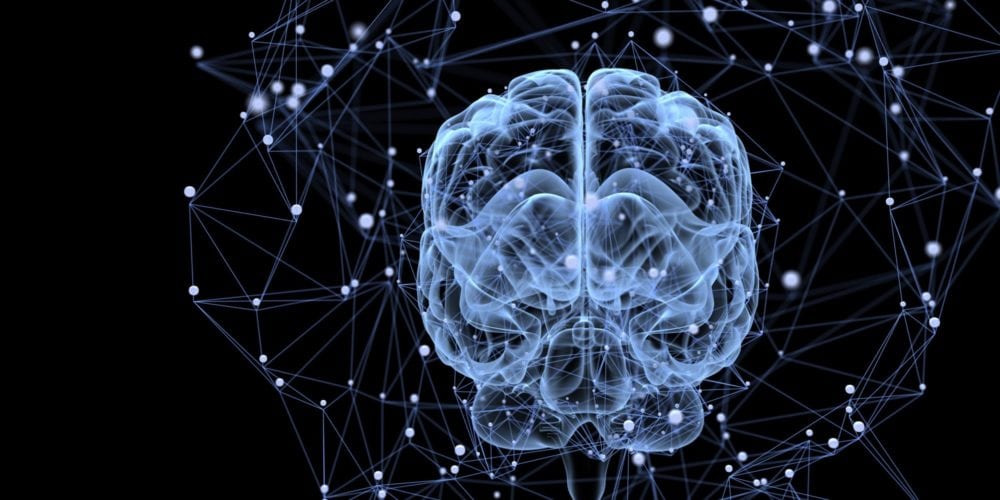Parkinson’s Gene Mutation Found to Initiate the Disease Outside the Brain
Missense mutations in the leucine rich repeat kinase 2 (LRRK2) gene result in late-onset Parkinson’s disease. The incomplete penetrance of LRRK2 mutations in humans and LRRK2 murine models of Parkinson’s disease suggests that the disease may result from a complex interplay of genetic predispositions and persistent exogenous insults.
This common mutation associated with the disease has now been found to trigger the inflammatory reaction in the brain that causes Parkinson’s outside of the brain by scientists.
“We know that brain cells called microglia cause the inflammation that ultimately destroys the area of the brain responsible for movement in Parkinson’s,” said Richard Smeyne, PhD, Director of the Jefferson Comprehensive Parkinson’s Disease and Movement Disorder Center at the Vickie and Jack Farber Institute for Neuroscience. “But it wasn’t clear how a common inherited mutation was involved in that process, and whether the mutation altered microglia.”
“We know that gene mutation is not enough to cause the disease,” said Dr. Kozina, Post-Doctoral student at Jefferson (Philadelphia University + Thomas Jefferson University). “We know that twins who both carry the mutation, won’t both necessarily develop Parkinson’s. A second ‘hit’ or initiating event is needed.”
The team analysed this mutant version of the gene with respect to a previous work showing that the flu might increase risk of Parkinson’s disease, Suspecting that the LRRK2 mutations might be acting outside of the brain, the researchers used lippopolysaccharide (LPS) and gave them to mice carrying the two most common LRRK2 gene mutations, the immune reaction became a “cytokine storm,” with inflammatory mediators rising to levels that 3-5 times higher than a normal reaction to LPS.
They found that LPS did not cross the blood-brain barrier, the researchers showed that the elevated cytokines were able to enter the brain, creating an environment that caused the microglia to activate pathologically and destroy the brain region involved in movement.
“Although more tests are needed to prove the link, as well as testing whether the same is true in humans, these findings give us a new way to think about how these mutations could cause Parkinson’s,” said Dr. Smeyne. “Although we can’t treat people with immunosuppressants their whole lives to prevent the disease, if this mechanism is confirmed, it’s possible that other interventions could be effective at reducing the chance of developing the disease.“
































